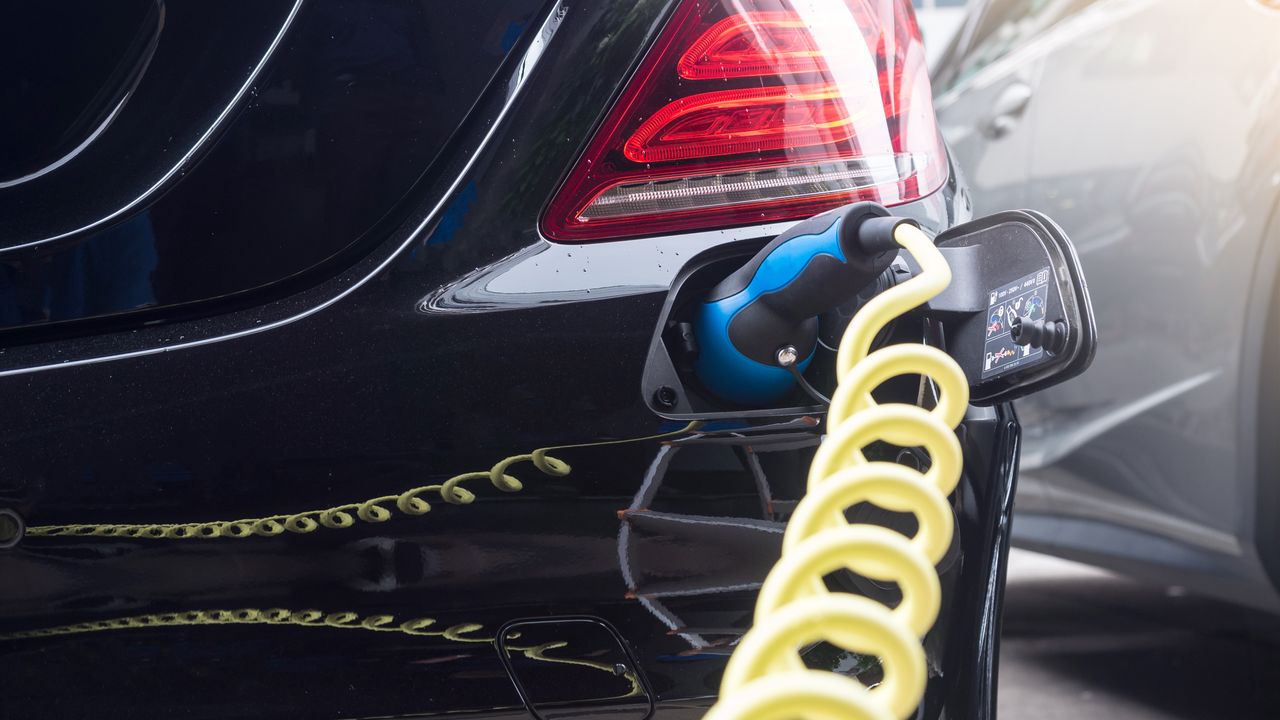Electric Vehicle Battery Recycling and Sustainability
As the popularity of electric vehicles (EVs) continues to rise, so does the need for proper battery waste management and sustainable practices. Electric vehicle batteries are a crucial component of these eco-friendly cars, and their proper disposal and recycling are essential for minimizing environmental impact.
Battery Waste Management
Battery waste management involves the collection, transportation, and recycling of used electric vehicle batteries. It is crucial to ensure that these batteries do not end up in landfills, where they can release harmful chemicals into the environment.
One of the primary goals of battery waste management is to recover valuable materials from spent batteries. These materials, such as lithium, cobalt, and nickel, can be reused in the production of new batteries, reducing the need for mining and preserving natural resources.
Several companies and organizations specialize in battery recycling. They employ advanced technologies to extract and refine valuable metals, ensuring that the recycling process is both efficient and environmentally friendly.
Battery Reconditioning
Battery reconditioning is another sustainable practice that can extend the lifespan of electric vehicle batteries. It involves restoring worn-out batteries to their optimal performance levels, reducing the need for premature battery replacements.
During the reconditioning process, technicians assess the battery’s capacity and identify any issues that may be affecting its performance. They then apply various techniques to rejuvenate the battery, such as desulfation, which removes sulfur buildup on the battery plates.
Reconditioned batteries can be used in secondary applications, such as energy storage systems for homes and businesses. This not only reduces waste but also promotes the efficient use of resources.
Sustainable Practices
Aside from proper battery waste management and reconditioning, there are several other sustainable practices associated with electric vehicle battery recycling:
- Eco-friendly Manufacturing: Battery manufacturers are increasingly adopting sustainable practices in their production processes, such as reducing energy consumption and using renewable energy sources.
- Design for Recycling: Battery manufacturers are designing batteries with recycling in mind. By using standardized components and materials that are easy to separate, the recycling process becomes more efficient.
- Education and Awareness: Raising awareness about the importance of battery recycling and sustainable practices is crucial. Educating consumers and providing convenient recycling options can encourage responsible disposal.
- Government Regulations: Governments play a significant role in promoting sustainable practices. Implementing regulations and incentives for battery recycling can drive the adoption of proper waste management practices.
Conclusion
Electric vehicle battery recycling and sustainability are vital for minimizing the environmental impact of EVs. Proper battery waste management, including recycling and reconditioning, ensures that valuable materials are recovered and reused, reducing the need for mining and preserving natural resources.
By adopting sustainable practices throughout the battery lifecycle, from manufacturing to disposal, the electric vehicle industry can contribute to a greener and more sustainable future.
